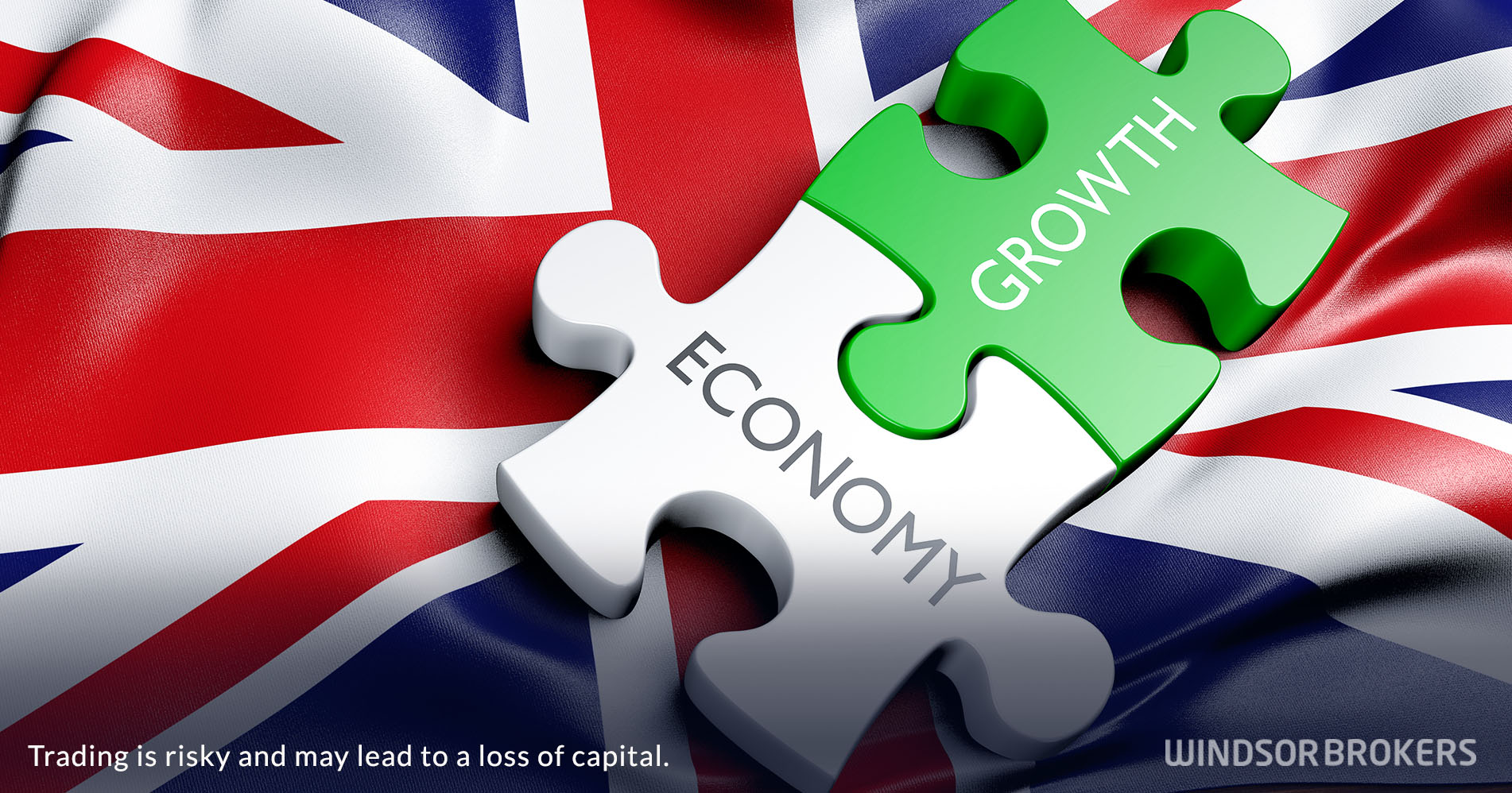UK economic growth slowed in Q3; Omicron expected to hurt the economy further
Great Britain’s gross domestic product increased by 1.1% in the third quarter, weaker than expected growth of 1.3% and well below the economy’s 5.4% expansion in the second quarter when many coronavirus restrictions were lifted.
The slowdown in growth of the world’s fifth biggest economy in the July-September period, came before the spread of the Omicron variant, which posed a fresh threat to the recovery later in the year, suggesting that the economy would slow further in the last quarter of 2021, as surge in new coronavirus cases caused by Omicron variant, would hurt the economy more, especially retailers, hospitality and leisure sector.
The data showed UK economy recovered a little slower in the third quarter, with much weaker performances in the services, while the energy sector contracted more than expected in September, but stronger data compared to 2020 signal the economy was closer to pre-pandemic levels in the third quarter.
The level of gross domestic product was 1.5% below where it was at the end of 2019, revised up from the previous estimate of 2.1% below its pre-pandemic level, while business investment fell by 2.5% in Q3 from the previous three months period and was nearly 12% below its pre-pandemic level.
Britain balance of payments deficit widened to 24.4 billion pounds, compared to expectations for 15.6 billion pounds deficit, as goods exports fell and goods imports grew, while foreign companies received more income from their investments in the United Kingdom.
The Bank of England is hoping for a revival of business investment to help improve Britain’s longer-term growth prospects.


